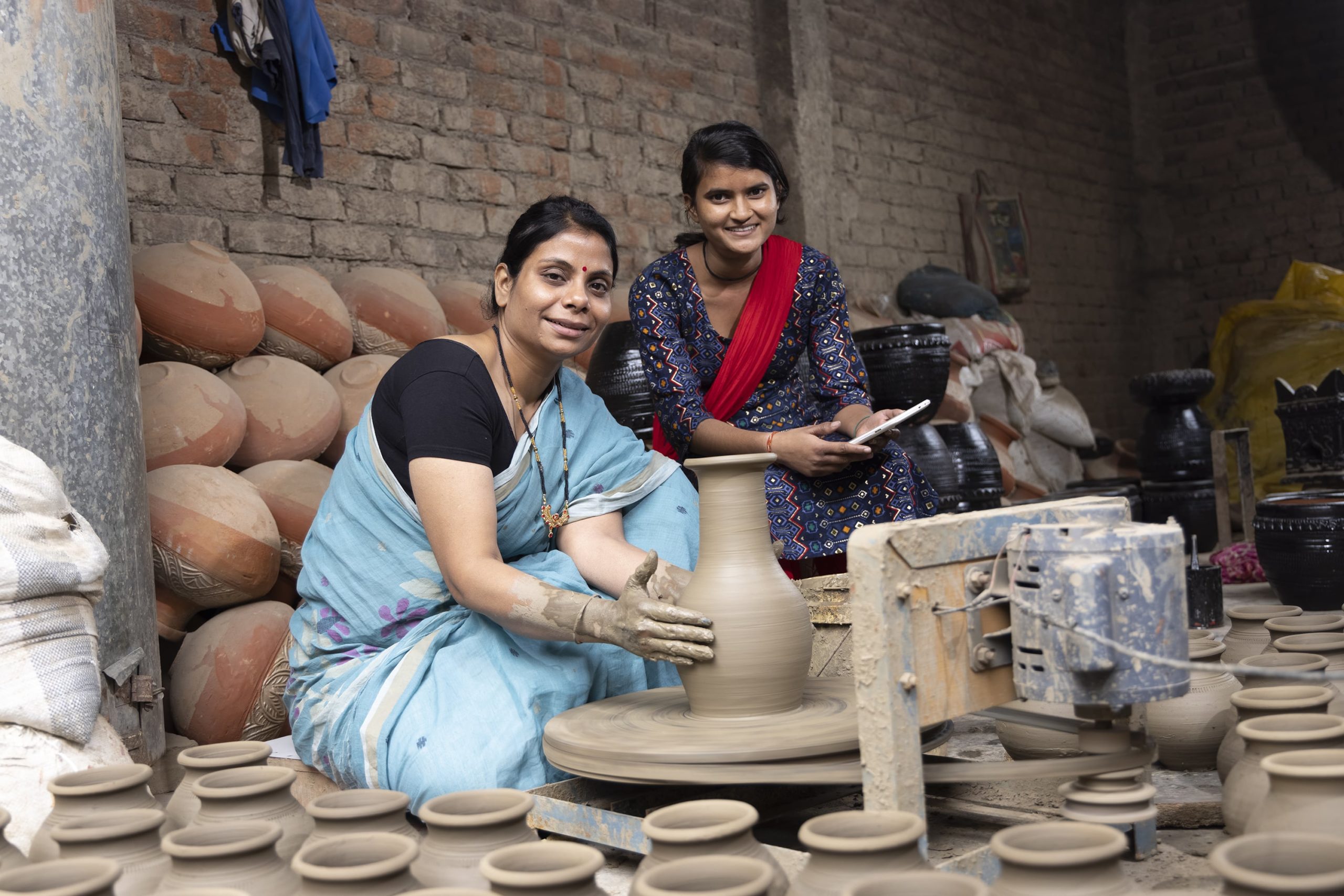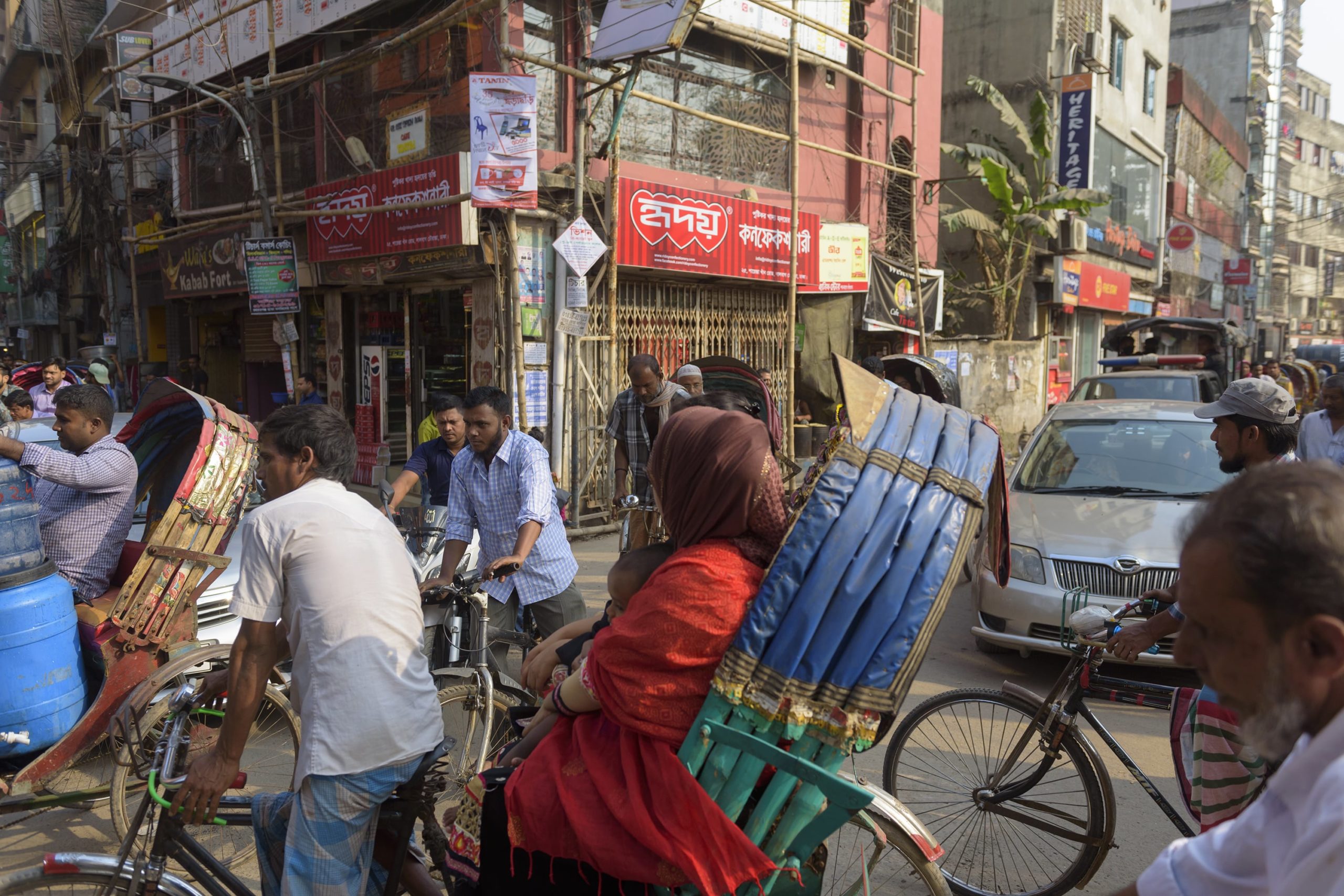Measuring the Long-Term Impact of Reducing Childhood Poverty
Evidence from Ultra-Poor Graduation Program
Children who grow up in poverty are more likely to experience poverty in their adult lives, manifesting intergenerational poverty traps. Studies with long-term panel data show that the poverty status of households in their childhood is associated...







